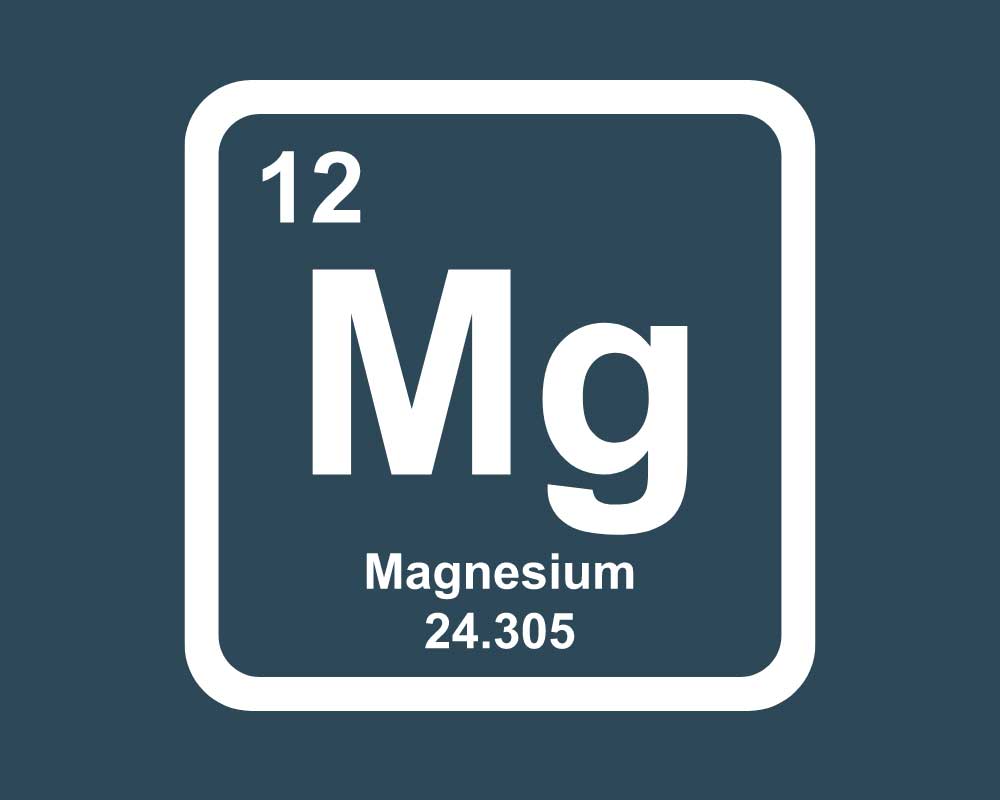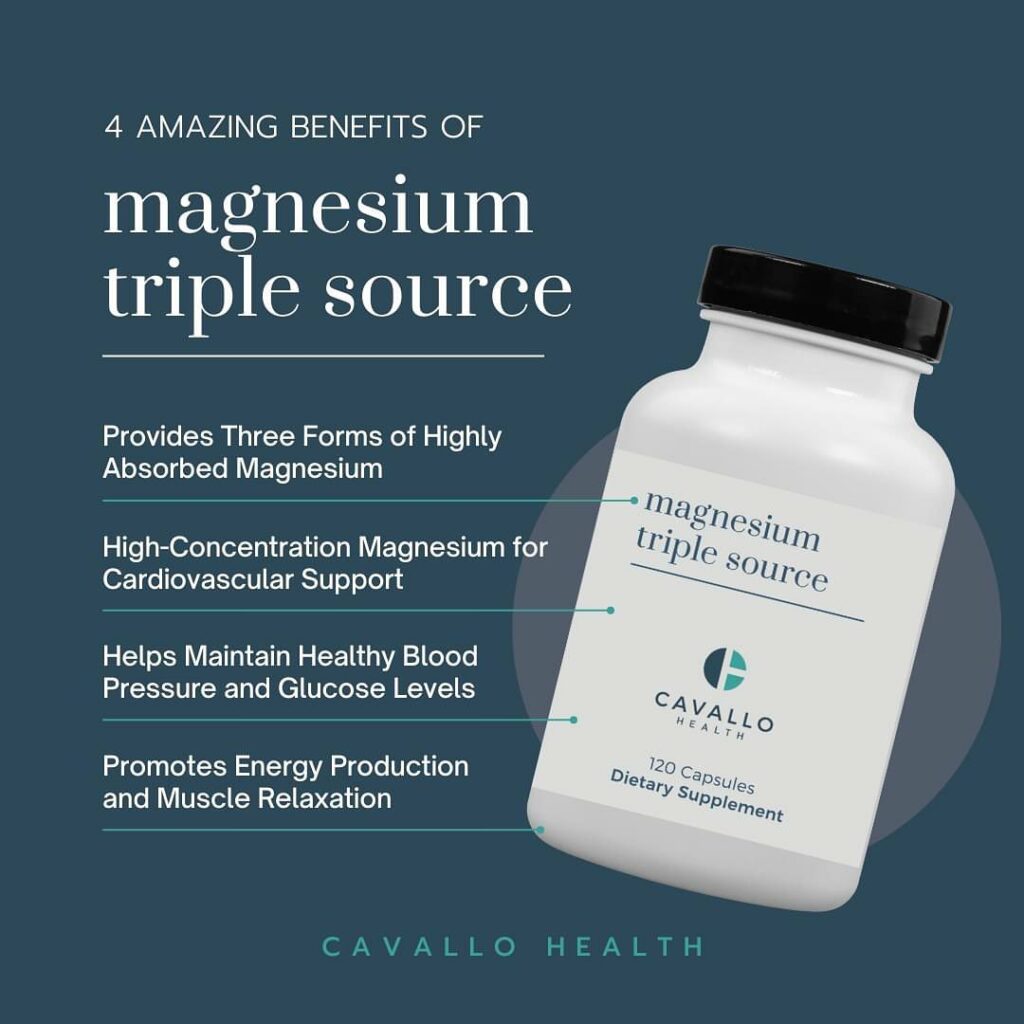
29 Aug Do You Have a Magnesium Deficiency?
Magnesium deficiency is a frequently overlooked health issue that can be the cause of multiple symptoms. Are you getting enough of this important mineral?
Magnesium is a cofactor in more than 300 enzyme systems that regulate diverse biochemical reactions in the body, including regulating blood pressure, bone development, muscle and nerve function and DNA synthesis. It’s found in your muscles, bone, and your brain. You need this mineral for your cells to make energy, to stabilize cell membranes, and to help muscles relax.

Symptoms and Illnesses Related to Magnesium Deficiency
Magnesium is so pivotal to your body’s function that the list of conditions related to magnesium deficiency is massive. Below are just some of the symptoms and illnesses related to a deficiency in this more than important mineral.
- Muscle cramps or twitches
- High Blood Pressure
- Asthma
- Irregular Heartbeat
- Insomnia
- Irritability
- Sensitivity to loud noises
- Anxiety
- Autism
- ADD
- Palpitations
- Angina
- Constipation
- Anal spasms
- Headaches
- Migraines
- Fibromyalgia
- Chronic fatigue
- Asthma
- Kidney stones
- Diabetes
- Obesity
- Osteoporosis
- High blood pressure
- PMS
- Menstrual cramps
- Irritable bladder
- Irritable bowel syndrome
- Reflux
- Trouble swallowing
Magnesium deficiency has even has been linked to inflammation in the body, which is the root cause of so many other signs and symptoms, including back and joint pain (something we deal a lot with here at Cavallo Health!).
How to Prevent Magnesium Deficiency
While there are many medical causes of magnesium deficiency, including Type II diabetes, Chron’s disease, and certain medication usage, there are also many things you can do to prevent magnesium deficiency. The first is the most important step!
1. Have Your Magnesium Levels Checked!
This seems like a no-brainer (no pun intended!), but knowing your magnesium levels is an excellent way to both see if you’re closed to deficiency, and also to figure out if low levels of magnesium are the root cause of your symptoms and health issues.
2. Limiting Coffee, Salt, Sugar, and Alcohol
While caffeine, salt, and sugar consumption can all contribute to a deficiency, alcohol is one of the biggest culprits. In fact, clinical studies report that magnesium deficiency is widely prevalent among alcoholics. (1)
3. Eat Foods High in Magnesium
One of the best ways to keep your magnesium levels where they should be is to eat a diet full of magnesium-rich foods: Kelp, wheat bran, wheat germ, almonds, cashews, buckwheat, brazil nuts, filberts, millet, pecans, walnuts, rye, tofu, soy beans, brown rice, figs, dates, collard greens, shrimp, avocado, parsley, beans, barley, dandelion greens, and garlic are all delicious ways to keep your levels high!
4. Take Magnesium Supplements
The recommended daily amount for magnesium is about 300 mg a day. This probably doesn’t seem like much, but most of us get far less than 200 mg from the foods that we eat. Because of this, supplementation is important. Depending on the type of condition you have or the state of your general health, you may need much more. In fact, most people benefit from 400 to 1,000 mg a day.

Types of Magnesium
When it comes to Magnesium supplements, one size definitely does not fit all. There are actually many types of magnesium supplements, some of which are good for certain conditions and symptoms, and some that are more easily absorbed by some people.
In fact, bioavailability (a key indicator of absorption) is incredibly important when it comes to magnesium supplements. As our Functional Medicine provider Dr. Zellers says, “if you’re taking a supplement your body can’t absorb, you’re wasting both your time and your money.”
Some signs of inferior mineral supplements include the use of cheap, poorly absorbed, rock-salt minerals like calcium carbonate and magnesium oxide. These mineral forms slow and limit absorption, relying on adequate stomach acid to release magnesium ions which then enter the body via passive diffusion. And, because they tend to remain in the intestines longer, these forms of mineral supplements can cause intestinal distress such as constipation (calcium carbonate) or diarrhea (magnesium oxide).
Our most recommended magnesium supplement is our Magnesium Triple-Source. It provides the additional benefit of highly-absorbed, Albion® mineral chelates. Albion® is the world leader in manufacturing highly bioavailable mineral chelates, a specialized form of minerals bound to amino acids. This patented process creates organic mineral compounds which use active absorption mechanisms in the gastrointestinal tract to greatly enhance mineral absorption. In a magnesium comparison study reported by Graff et al. at Weber State University, Albion®’s magnesium amino acid chelate had:
• 8.8 times greater absorption than magnesium oxide
• 5.6 times greater absorption than magnesium sulfate
• 2.3 times greater absorption than magnesium carbonate
In addition, other comparison studies have shown significantly superior absorption of magnesium chelates compared to other mineral forms:
• At a dose of 400 mg, magnesium chelate significantly reduced or eliminated menstrual abdominal discomfort.
• Multiple double blind studies found urinary excretion of magnesium chloride higher than magnesium glycinate, proving superior absorption.
• Magnesium glycinate is shown to have a reduced laxative effect when compared to other forms of magnesium.
Mineral chelates are gentle, gut “friendly” minerals that do not cause diarrhea that often accompanies magnesium oxide and other rock-salt forms. Albion®’s mineral chelates have extensive clinical research proving their superior bioavailability, biologic activity, stability, and improved tolerance.
If you’d like to test your Magnesium levels, or book an appointment, fill out the form below or call us at:
New Holland Office: 717-351-0631
Quarryville Office: 717-806-5672
Also, leave us your questions in the comments, and we’ll get back to you ASAP!





No Comments